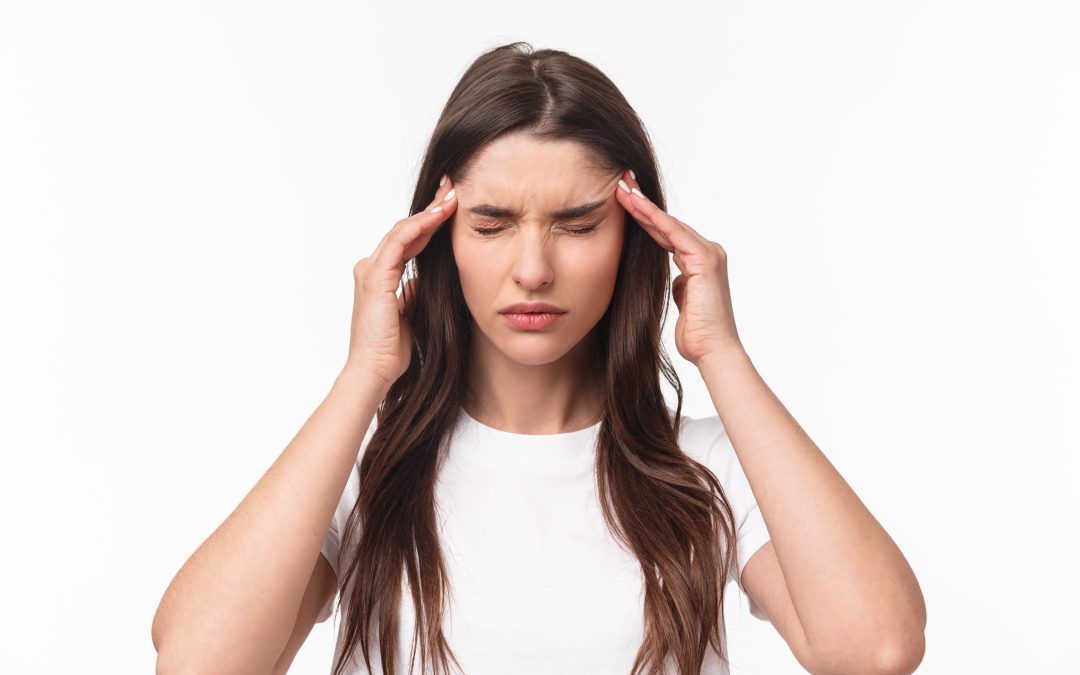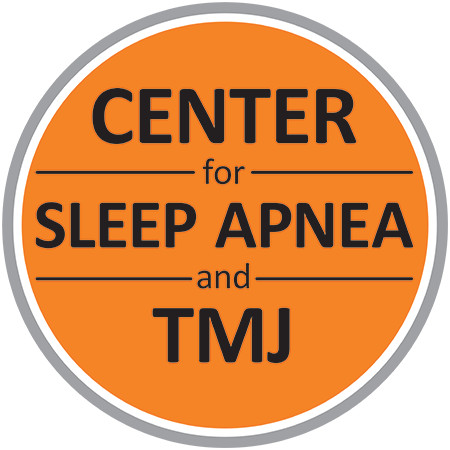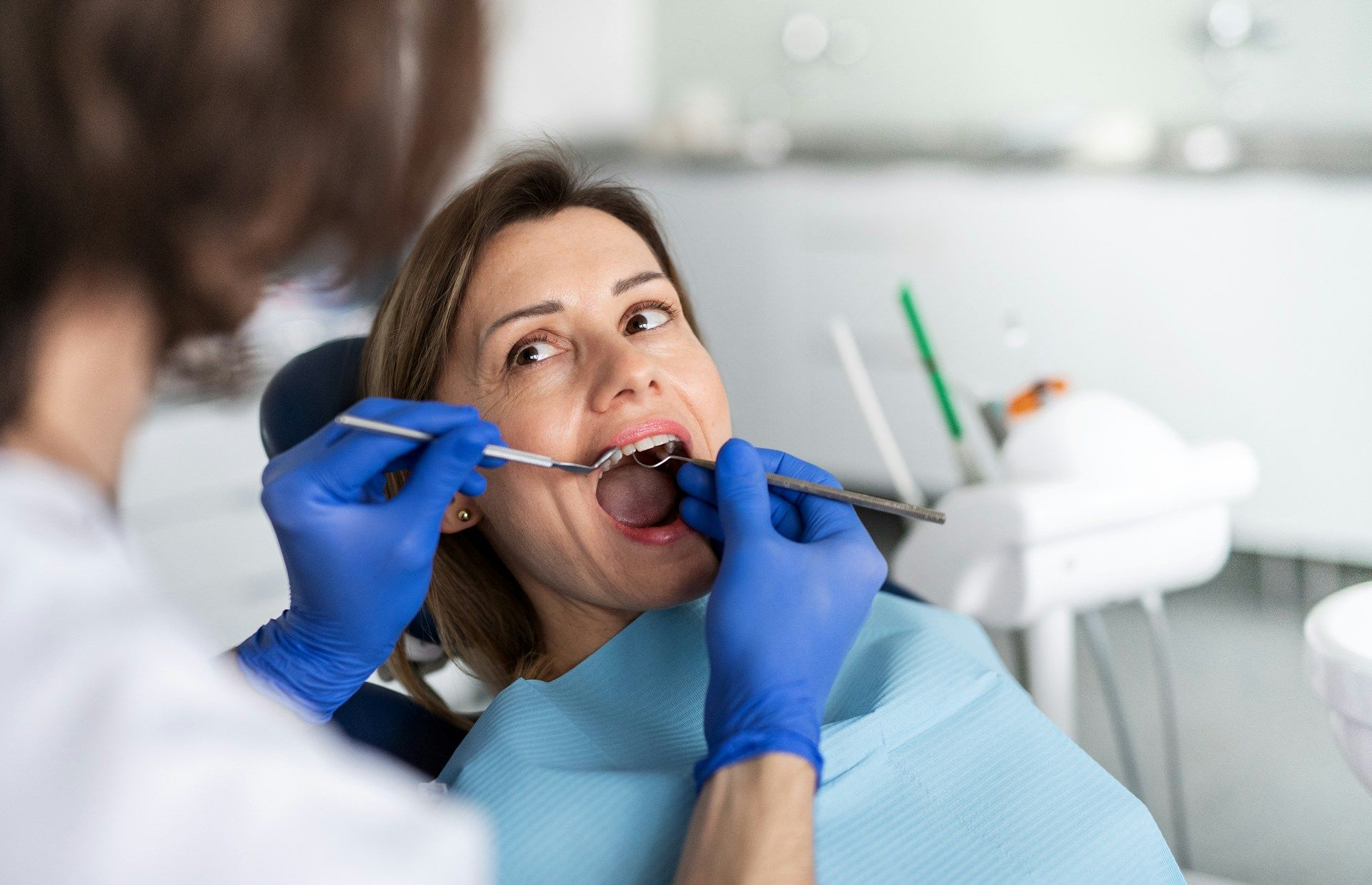5 Ways to Find Relief for Your TMJ Headache | TMJ Treatment

Temporomandibular joint disorder (TMJ) is a common condition that affects the jaw joint and can lead to a variety of symptoms, including headaches. In fact, headaches are one of the most common symptoms of TMJ. These headaches can range from mild to severe and can be accompanied by other symptoms such as jaw pain, earache, and difficulty opening and closing the mouth. In this blog post, we will discuss the causes, symptoms, and treatments for TMJ headaches. Consult with our doctor for jaw pain if you think your headaches maybe caused by TMJ.
The temporomandibular joint (TMJ) is the joint that connects the jawbone to the skull. This joint plays a vital role in the movement of the jaw, allowing us to talk, chew, and yawn. When this joint becomes damaged or misaligned, it can lead to a condition known as TMJ disorder. There are a variety of causes of TMJ disorder, including injury to the jaw or skull, arthritis, and even tooth grinding or jaw clenching.
TMJ-related jaw pain is frequently confused with tension or migraine headaches. In fact, one study indicated that 31% of the patients who participated in the study had their TMJ headaches misdiagnosed as tension headaches.
Why is it so simple to mix up the two? because your head and the jaw joint are directly connected by muscles.
A large, fan-shaped muscle that spans both sides of your head is one of the main muscles that move your jaw. Your cheeks include additional temporomandibular joint-related muscles.
Because of issues with your jaw joints, these muscles might become tight, injured, or stiff, which puts a lot of pressure on your head and causes headaches.
Differences between TMJ and headaches
There are a few symptoms that can let you know if your headache is actually a jaw-related headache rather than a true headache.
For one thing, jaw discomfort won’t result in nausea and sensitivity to light, sound, or smell that migraine headaches do.
The following TMJ-specific symptoms don’t show up when you have a genuine headache:
- When you open your mouth, there is no discomfort.
- Chewing difficulties
- Pain while chewing Earaches
- Locked jaw (difficult or impossible to open or close your mouth)
- Jaw or temporomandibular joint discomfort
One of the most common symptoms of TMJ disorder is headaches. These headaches can be caused by inflammation and tension in the muscles surrounding the jaw joint. They can also be caused by the pressure placed on the jaw joint when the jaw is misaligned. The headaches can be located in different parts of the head, including the temples, around the eyes, or at the back of the head. They can also be accompanied by other symptoms such as jaw pain, earache, and difficulty opening and closing the mouth.
TMJ headaches can be diagnosed by a healthcare professional such as a dentist or oral surgeon. They will typically perform a physical examination of the jaw and may also use diagnostic imaging such as X-rays or MRI to assess the condition of the jaw joint.
There are a variety of jaw pain treatment options that also help you achieve TMJ headache relief. The treatment plan will depend on the specific cause and severity of the condition. Some common treatment options include:
Massage your jaw
To perform this TMJ headache treatment gently knead your jaw will improve the blood flow to that area of your face when you experience TMJ headaches.
By massaging your jaw, you can ease some of the pain and lower your risk of Developing a swollen jaw. You should massage your jaw in the following manner: Apply three fingers to the mandibular joint and gently rub in a circular manner. Continue until you begin to experience TMJ headache relief.
Avoid tension for TMJ headache relief
One of the main causes of headaches is stress and anxiety. TMJ headaches are not an exception. You might be wondering how anxiety and stress might result in TMJ headaches. You clench your jaw when you’re anxious. Long-term jaw stiffness might cause TMJ headaches. This TMJ headache treatment is simple; try avoiding stressful events, arguments, and confrontations for TMJ headache relief. When you’ve had a difficult day at work, take some time off to unwind by practicing yoga or taking a hot bath to get alleviate your jaw and head pain.
Utilize over-the-counter medications as a TMJ headache treatment.
Try taking over-the-counter medications, such as ibuprofen, to reduce the discomfort if it gets intolerable. It’s not advisable to depend on these drugs for daily pain treatment because they can damage your organs if you use them too often.
Include Changes to a Healthy Lifestyle
Our bodies naturally use pain to communicate with us. When TMJ headaches appear, it’s necessary to assess your lifestyle and decide what adjustments you should make. Lifestyle headache TMJ headache treatment involves, avoiding chewing gum and tough foods like carrots that demand a stressful, repetitive jaw movement. Include some soft foods in your diet, such as mashed potatoes, steamed vegetables, fruits, and whole grains, such as beans, among others, to give your jaw a respite. Sit up straight; good posture can do a lot to prevent pain. By enabling the body to naturally relax and rebalance, daily yoga and meditation can also aid with TMJ headaches.
Exercise Your Jaw to Reduce TMJ Pain
TMJ migraine relief may be achieved by using this straightforward relaxation exercise: First, place your tongue behind your front teeth on the roof of your mouth. Next, let your jaw muscles relax and allow your tongue and teeth to slightly separate. Within minutes, your stress should subside. Other activities, such as the goldfish exercises, chin tucks, and side-to-side jaw movement exercises, may also be able to help you get TMJ migraine relief.
Despite being painful, TMJ headaches can be addressed with a number of different methods. Talk to your doctor about your symptoms and any remedies you’ve already tried, even if they weren’t successful if you suspect you might be suffering from TMJ headaches.
If your TMJ is the culprit, root-cause therapies can help reduce headache discomfort and give you the information you need to take preventative measures against headaches in the future.
One of the most effective TMJ headache treatments is physical therapy. A physical therapist can teach you exercises and stretches that can help to improve jaw mobility and decrease muscle tension. They can also teach you how to properly relax your jaw muscles and avoid habits that can cause jaw and head pain.
Bite guards and splints can also be helpful in treating TMJ headaches. These devices are worn at night to prevent grinding and clenching of the teeth. This can help to reduce the pressure on the jaw joint and decrease the likelihood of jaw and head pain.
Occlusal adjustments are another treatment option for TMJ headaches relief. These are dental procedures that can help to improve the bite and reduce stress on the jaw joint. For example, reshaping or repositioning the teeth can help to improve the alignment of the jaw and decrease the likelihood of headaches.
In severe cases, surgery may be necessary to repair or replace the jaw joint. This can help you to get TMJ headaches relief and improve the alignment of the jaw.
It’s important to consult our doctor for jaw pain to determine the best treatment plan for you. They will be able to assess the specific cause and severity of your TMJ headaches and recommend the most appropriate treatment
Recent Posts
Categories

Interested in working with us? Click Here to find out who we are and who we’re looking for.
Quick Links
Social Links
Clinical Address
Working Hours
Monday-Thursday: 9AM – 4PM
Friday- By Appointment Only
Saturday: Closed
Sunday: Closed
© Copyright 2023 | The Center for Sleep Apnea and TMJ, PC | All Rights Reserved | Sitemap




